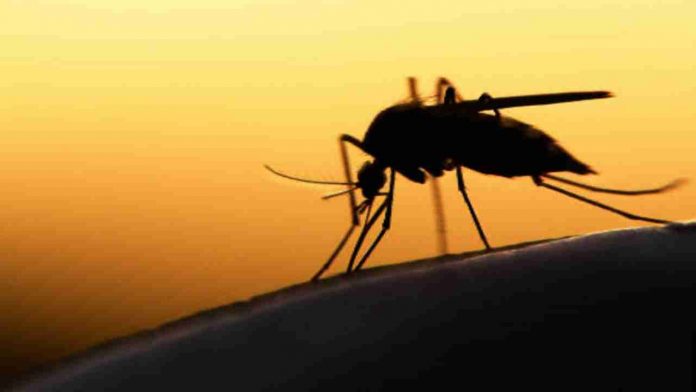After Dengue, another deadly mosquito virus, Chikungunya cases are surging in several states of India. According to media reports, Maharashtra’s Pune has reported 72 confirmed cases of dengue and 27 confirmed cases of chikungunya till November 18.
The city has registered 228 suspected and 72 positive dengue cases and 27 confirmed chikungunya cases in the last 18 days. In October, it reported 408 suspected cases of dengue and 168 confirmed cases, and 38 confirmed cases of chikungunya, according to the Pune Municipal Corporation’s health department data.
Meanwhile, Bengaluru also witnessed a sudden rise in chikungunya cases. As per the statistics from the Bruhat Bengaluru Mahanagara Palike, the total positivity rate of the virus is 3.64 percent in the city and a total of 1,722 cases have been registered in Karnataka this year.
As the chikungunya cases have surged in India, here are some major precautions to take against the mosquito virus.
How to prevent chikungunya?
Chikungunya is one of the life-threatening viral infections caused by the infected Aedes Aegypti mosquitoes. Unlike dengue, chikungunya mosquitoes bite during both the day and night. The first symptom of the virus is a fever which is followed by a rash. The illness is at its peak after 4 to 8 days of the mosquito bite.
Till now, no vaccine has been rolled out to prevent this virus. However, major precautions can be taken to protect oneself from getting it and control its spread.
Precautions to prevent chikungunya:
- It is advised to wear full sleeves clothes during the monsoon and winters.
- Keep your windows and doors shut when the viral infection spreads in your area.
- Avoid storing water in the washroom and kitchen.
- To improve immunity, a hot water bath with Epsom salt and neem leaves should be taken.
- Use insect repellent while stepping out of the house.
- Avoid sleeping outdoors.

